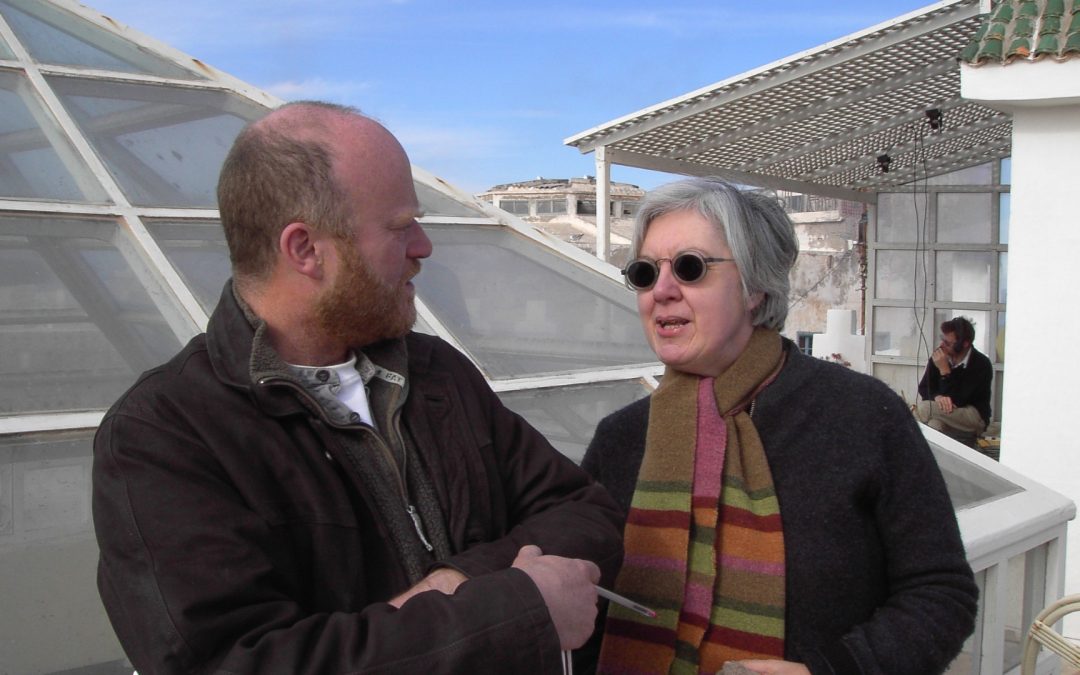I met Judith through a mutual friend, composer Julian Grant, at the time she was Artistic Director of the Spitalfields Festival, in London. Since then our work together has always been wonderfully rewarding. I have conducted and played many of her pieces and become familiar with her very extensive and diverse music for choir and theatre and chamber music ensembles.
I remember my excitement when hearing her orchestral song cycle Natural History at a BBC Prom performance: I was completely bowled over and could think of little else for days. I consider it a genuine modern masterpiece and rank Judith as one of the very best composers at declamation, the art of expression in the rise and fall of the voice allied to incisively characterized speech rhythm and melody. This, I think, is at the core of her lasting success with opera, song and music for voice.
I especially admire her ability to find unusual and arresting dramatic forms for her operas: combining two Medieval Chinese plays (Night at the Chinese Opera), an interlocking series of dark folk tales (The Vanishing Bridegroom), a macabre, brooding, psychological tale of unreconciled trauma (Blonde Eckbert), simultaneously drawing on ancient stories and modern verbatim speech from soldiers’ internet blogs (Armida) and many other examples in her very rich works’ list for stage. Her music is full of subtlety and always concisely focussed on expressive essentials; it is a rare commodity when so much art shows off for its own sake. She eschews extravagance and wastefulness, perhaps an attribute from her Scottish roots.
She is likewise concise and straight-speaking in conversation though this should never belie how deeply perceptive she is. Her talks, interviews and writings on a wide range of subjects are full of subtle intelligence, observation and wit. She is an eloquent advocate for music that serves society at every level and for the emotional and communal needs and desires of individuals and groups of people, on which she has deep experience and understanding.

